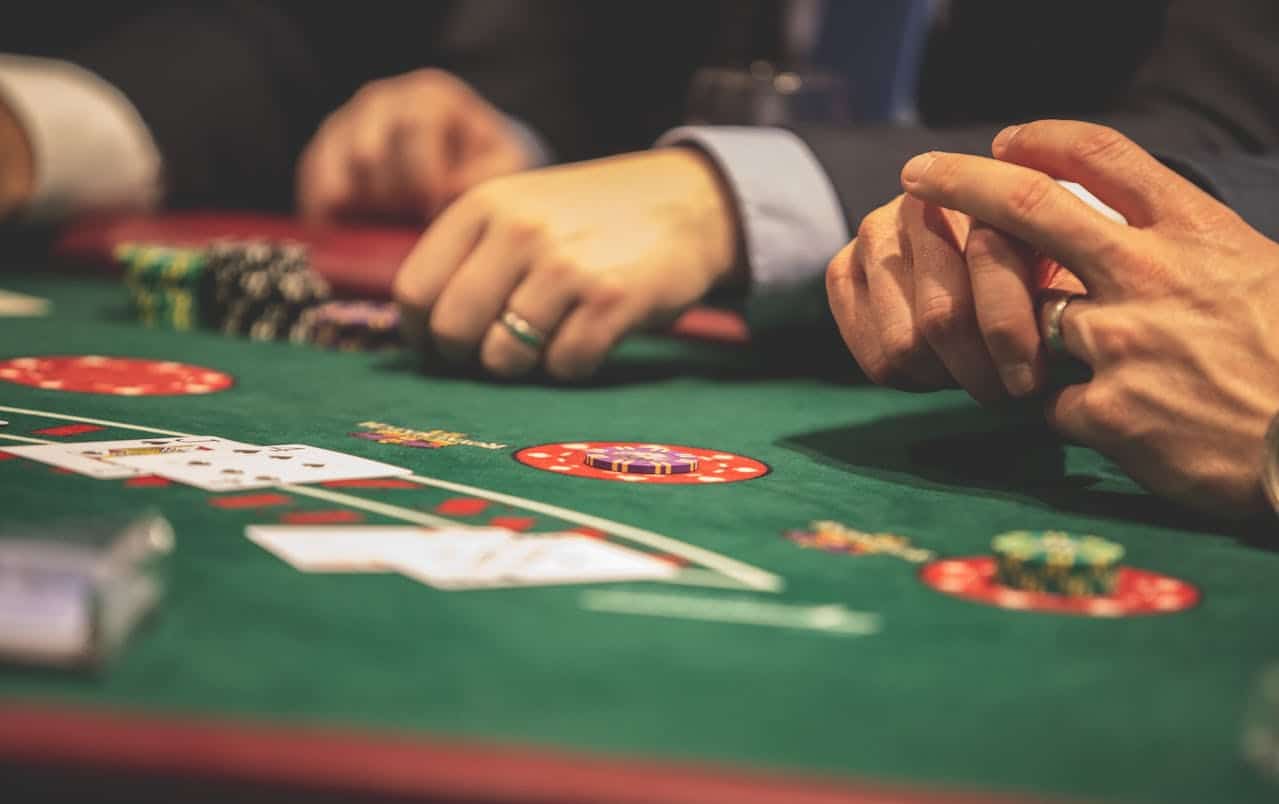Bingo is a popular game that has been enjoyed by people around the world for generations, often seen as a fun and social activity. However, whether or not bingo is classified as a form of gambling can depend on how the game is played, where it’s played, and the laws in place in different regions. So, is bingo a form of gambling? The short answer is: it can be, but it isn’t always.
The Basics of Bingo
At its core, bingo is a game of chance in which players mark off numbers on cards as the numbers are randomly drawn. The goal is to complete a specific pattern (like a straight line or full house) on the card before other players. The first person to do so wins a prize.
While bingo is often associated with bingo halls and social gatherings, it can also be played online or in more formal, regulated settings. It’s the context in which the game is played that often determines whether it falls under the category of gambling.
Bingo as Gambling
When bingo is played for money, it crosses into the realm of gambling. In these instances, players pay an entry fee or buy cards, with the chance to win cash prizes or other valuable rewards. The randomness of the number draw, combined with the element of wagering money for a potential payout, fits the general definition of gambling. In fact, in many countries, bingo is regulated as a form of gambling and may be subject to specific licensing, oversight, and age restrictions.
Social and Fundraising Bingo
However, not all bingo games are gambling activities. In many social settings or charity events, bingo is played for fun, and players might not bet money or may only win small prizes like toys or vouchers. In these cases, the game isn’t considered gambling because there is no financial stake involved. Charity or fundraising bingo games may still offer prizes, but these events are typically not governed by gambling laws, and the focus is on entertainment and supporting a cause rather than generating profits.
Legal and Regulatory Differences
The legal classification of bingo also varies based on the jurisdiction. In some countries, bingo played in social settings, such as church halls or community centers, may be exempt from gambling regulations. However, in regions where gambling laws are strict, even non-cash bingo can be subject to regulations if it involves entry fees or organized prize distribution.
Conclusion
Bingo can be a form of gambling if it involves a financial stake, such as when players pay to play and can win cash or valuable prizes. However, when played for fun in social or charitable contexts, it is typically not considered gambling. The distinction largely depends on the nature of the game, the presence of money, and the legal framework in place where it is being played. So, while bingo has elements of chance and can involve betting, whether or not it qualifies as gambling depends on how it’s set up and the laws of the area.






